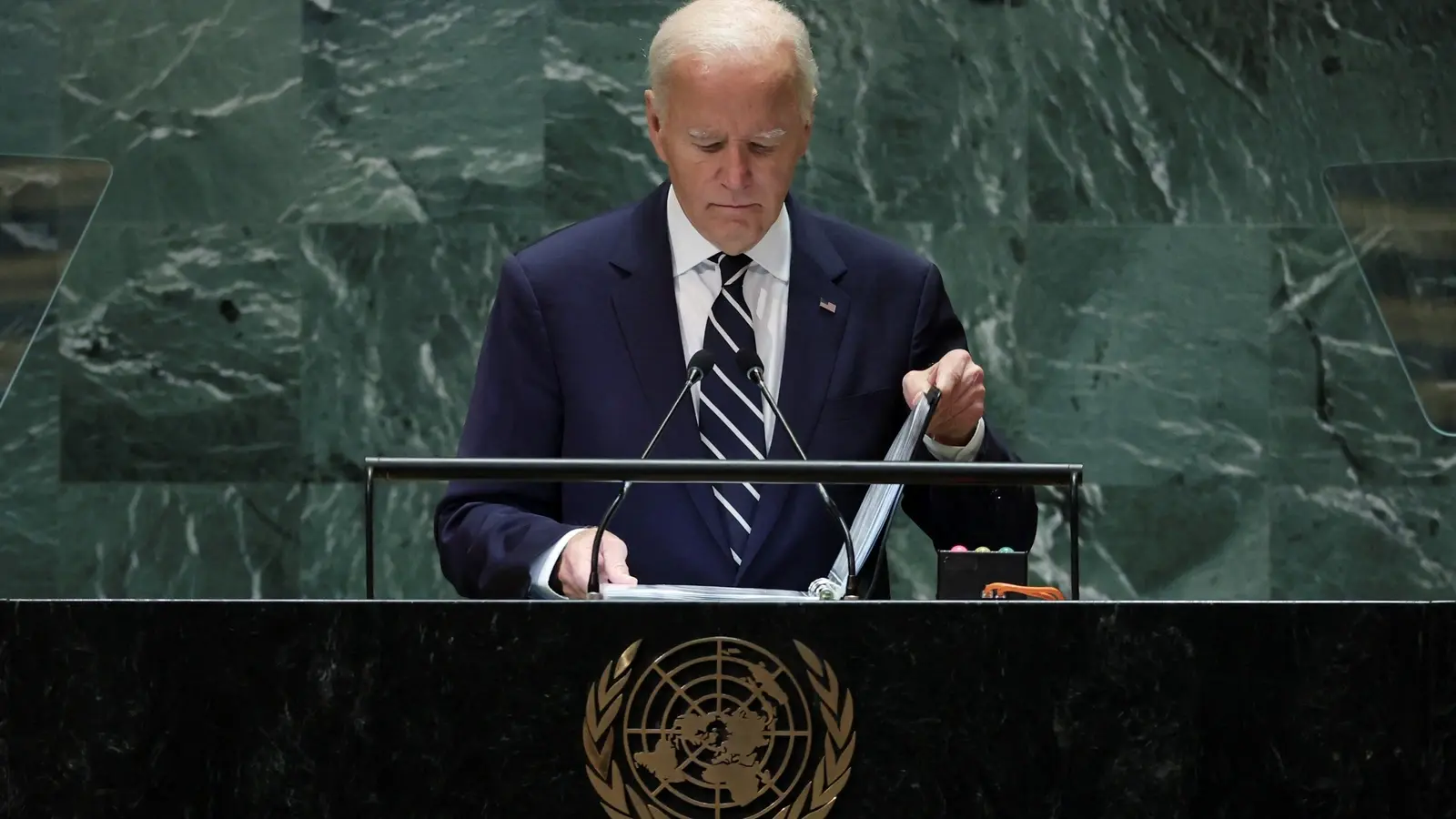

|
||

The Biden administration is poised to support a contentious United Nations cybercrime treaty, a move likely to spark debate over potential abuses, according to top officials. This treaty, the first legally binding UN framework on cybersecurity, aims to facilitate international collaboration against cybercriminals. While American officials argue that it will strengthen global efforts to combat issues like child sexual exploitation and the unauthorized sharing of intimate images, critics warn of potential misuse by authoritarian regimes. (See our previous report on Google warning about the treaty.)
Concerns over the treaty: Advocacy groups and several U.S. lawmakers fear it could empower countries such as Russia and China to pursue dissidents abroad and gather data on political opponents, leading to infringements on privacy, security, and freedom of expression. A group of six Democratic senators recently expressed their apprehension, arguing that the treaty could serve to justify repressive measures. They acknowledged U.S. efforts to introduce safeguards but called for further measures to prevent potential human rights abuses.
Cyber safeguards: Administration officials counter these criticisms, emphasizing their commitment to implementing robust human rights protections. The Department of Justice, they say, would carefully scrutinize any international requests to ensure compliance with treaty terms and avoid misuse. Furthermore, the treaty could enhance U.S. access to cyber evidence and expand extradition opportunities for cybercrime suspects, officials argue, facilitating a more coordinated response to cross-border cyber threats.
While passage in the UN appears likely, officials note that U.S. ratification remains uncertain without substantial human rights safeguards, underscoring the administration’s balancing act between advancing global cybersecurity and protecting civil liberties at home.
Sponsored byVerisign

Sponsored byIPv4.Global

Sponsored byVerisign

Sponsored byDNIB.com

Sponsored byCSC

Sponsored byRadix

Sponsored byWhoisXML API
